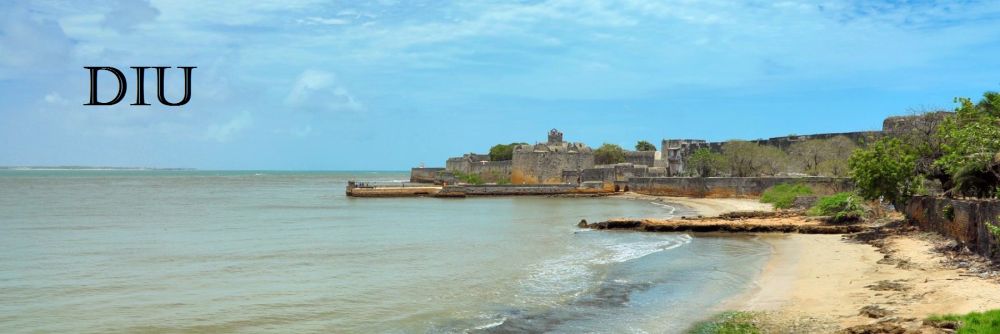

The enchanting island of Diu, part of the Union Territory of Daman and Diu, lies off the southern coast of Gujarat's Kathiawar peninsula, separated from the mainland by a narrow channel. The history of tourism in Diu is intrinsically linked to its rich and multifaceted heritage, which is a mélange of Gujarati, Portuguese, and British influences.
For centuries, Diu was a crucial port for traders and merchants navigating the Arabian Sea. Its prominence grew during the 14th to 16th centuries as Diu came under the rule of the powerful Sultanate of Gujarat. The Portuguese, who were keen to extend their trade network and bolster their presence along strategic coasts, captured Diu in 1535, under an agreement with the Sultan. Soon after, in 1539, they fortified it and constructed the impressive Diu Fort, an architectural marvel that still stands today.
The Portuguese administration converted Diu into a flourishing hub for maritime trade and cultural exchange. Colonial architecture, churches, and public buildings from this period contributed greatly to the island's unique landscape, making it an attractive destination for curious travelers even after independence. The end of Portuguese rule in 1961, as Diu was integrated into India, ushered in a new era for tourism.
The establishment of the Tourism Corporation of Gujarat in the 1970s facilitated infrastructure development, making Diu more accessible to both domestic and international tourists. Diu's golden beaches, colonial history, and laid-back charm became key draws for visitors. Furthermore, the introduction of retreats, heritage hotels, and luxury accommodations has made the island a comfortable getaway for diverse tourists.
In recent years, Diu has harnessed its potential as a year-round destination. Owing to its temperate climate, unique culture, and wildlife sanctuaries, the island is witnessing diversified tourism trends. The Diu Festival, held every winter, is a contemporary initiative to attract visitors with music concerts, art installations, and culinary events. Adventure sports like parasailing and water skiing are also on the rise, catering to the growing demand for experiential tourism.
The administration has also been promoting sustainable eco-tourism and cultural tourism practices to ensure the conservation of Diu's natural and architectural wonders. Furthermore, digital marketing initiatives and easier connectivity options have strengthened Diu's appeal as an idyllic beach destination among the new-age travelers.
Today, Diu continues to evolve as a tourism hotspot, offering an attractive combination of serenity, culture, and adventure. With the government's continued focus on improving tourism facilities and the island's inherent allure, Diu's story as a hub for tourists stands versatile and vibrant, inviting explorers from across the globe to experience its timeless magic.